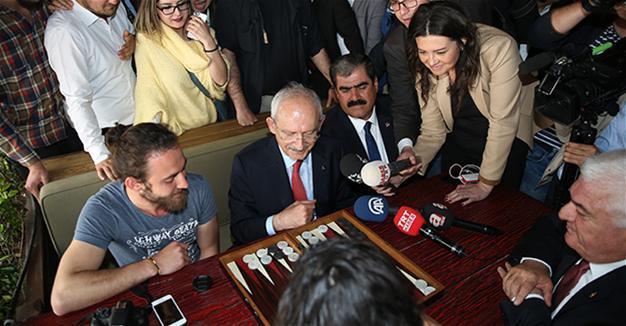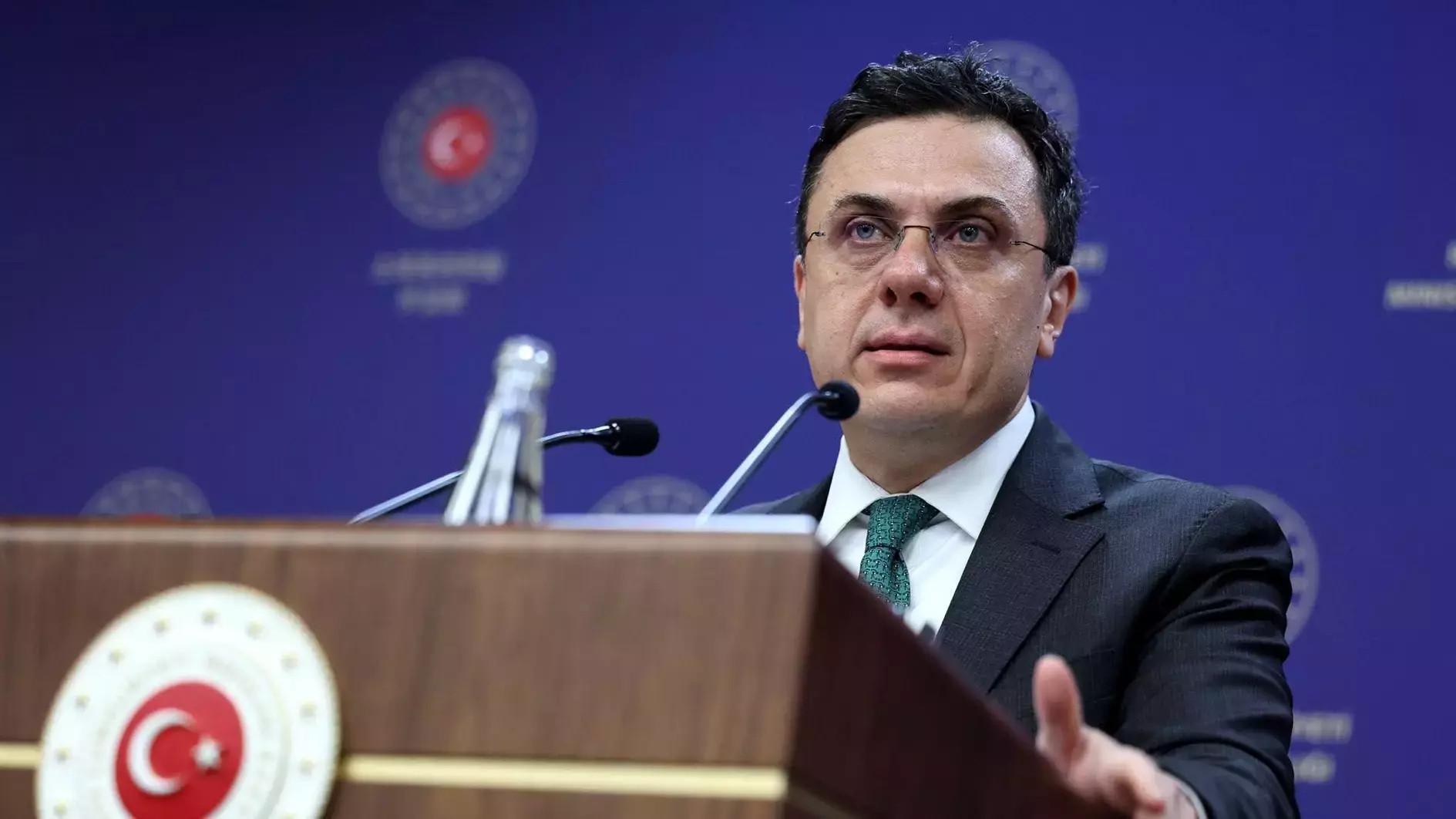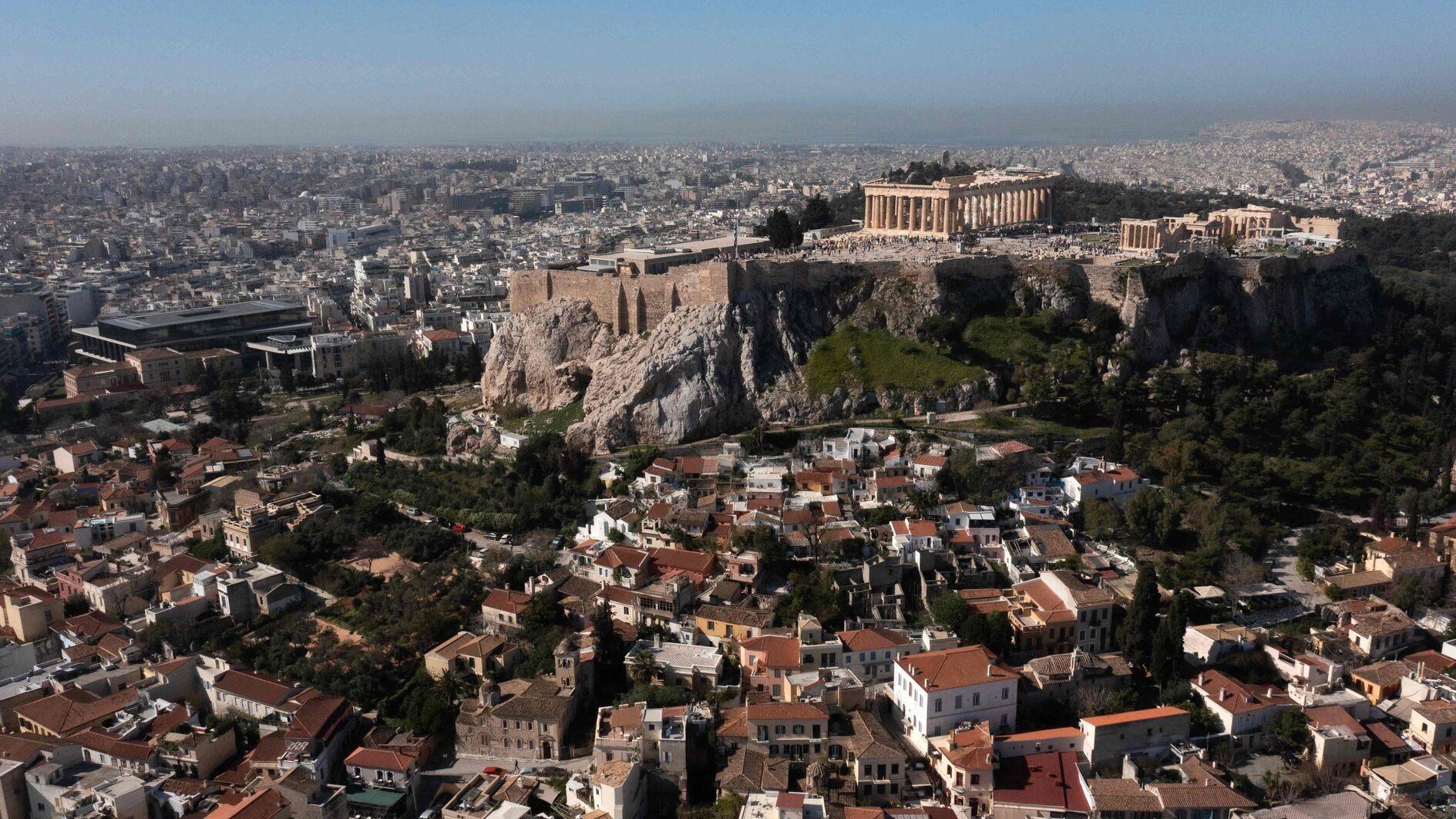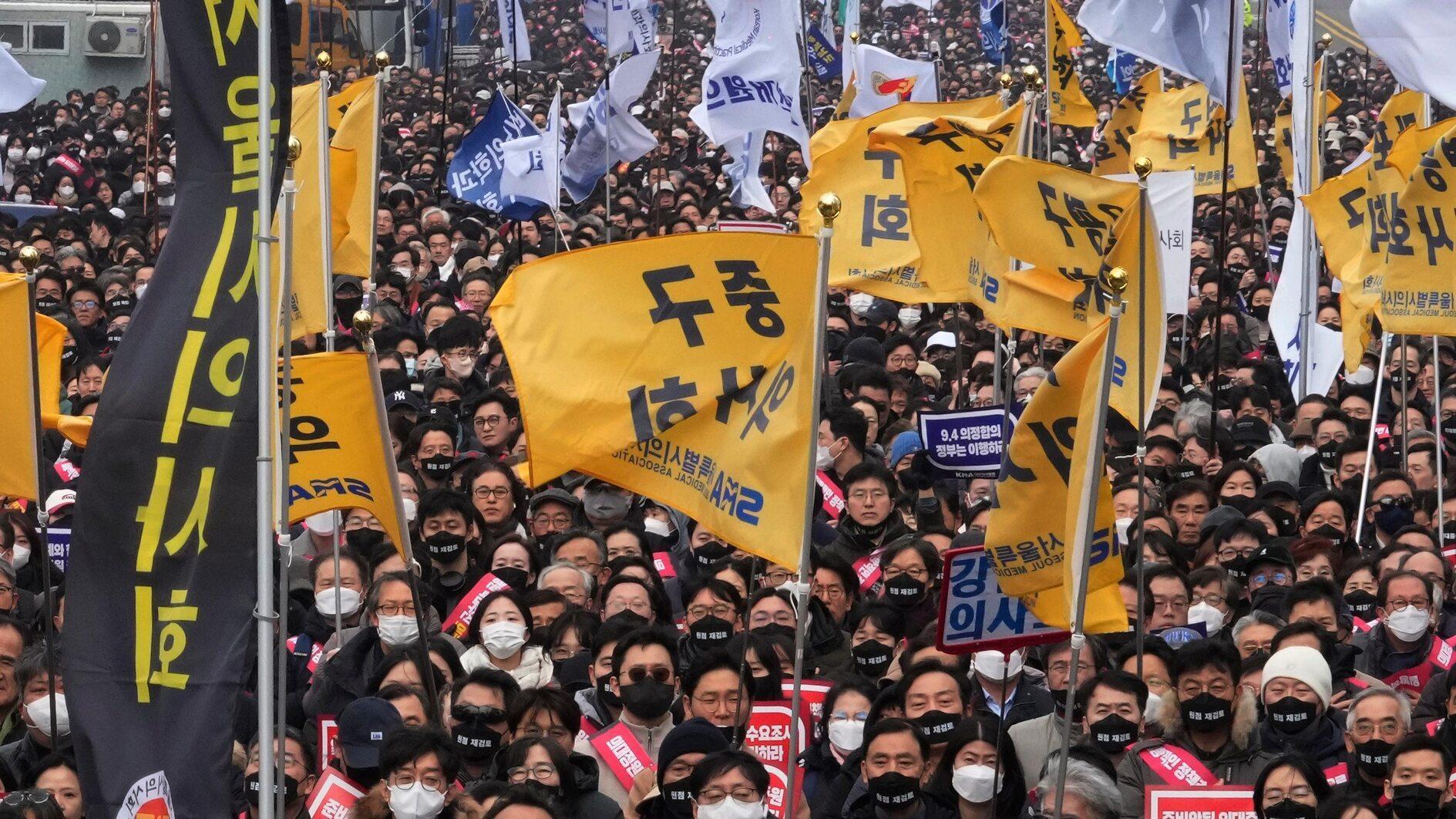Turkey’s main opposition warns deputies over language during referendum campaign
ANKARA

AA photo
The main opposition Republican People’s Party (CHP) has warned its deputies about the language and tone they use in the final days of campaigning ahead of the April 16 referendum on constitutional changes.The CHP’s warning comes after its lawmaker from the Central Anatolian province of Konya, Hüsnü Bozkurt, compared the referendum to the Turkish War of Independence, using analogies of famous field battles during the war.
“If the ‘yes’ sides prevails in the ballot … we will set out from Samsun and go to Amasya, Sivas and Ankara before [proceeding to] İnönü, Sakarya and Dumlupınar. Shame on us if we do not chase you to İzmir. Then we will drive you, your families and all imperialists into the sea from İzmir,” Bozkurt said on April 2, comparing the referendum process to a number of key sites during the War of Independence.
The CHP leadership sent a notice to all its MPs after the incident, saying non-inclusive language harmed the campaign and stressing that all members should “refrain from using discriminatory language.” It said that from the beginning of the campaign the CHP had sought to maintain an inclusive discourse against the “discriminatory language of the government.”
In addition, it also said the CHP’s lawmakers will have to receive permission from the party’s administration before attending any radio or TV programs.
In the letter, CHP leader Kemal Kılıçdaroğlu also emphasized that the referendum is “not a party issue, but an issue for the country.”
Meanwhile, President Recep Tayyip Erdoğan has slammed the CHP for criticizing the constitutional amendments, vowing to exhibit “politicians who are remnants of the one-party regime in museums.”
In a speech to local neighborhood heads in the capital Ankara, Erdoğan defended the shift to an executive presidential system to be voted on in the referendum, accusing the CHP of “dividing the public into two camps.”
“We will form a special museum for the ‘no’ camp and we will exhibit some objects. [We will say]: ‘There was once a time when there were naysayers and their arguments were like this,’” he said.
His words came after Bozkurt’s comments.
“We understand the criticisms and arguments of the ‘no’ camp. But we will not ‘drive them into the sea,’” Erdoğan said, referring to Bozkurt’s words.
“Our nation will give them the necessary lesson on April 16,” he added, referring to the CHP as “the last of a dying breed.”
For his part, Bozkurt said his speech was “misunderstood.”
“I’m saying again that I stand behind every word I said. I absolutely didn’t say anything against those who will vote ‘yes,’” Bozkurt said, claiming that his comments were taken out of context.
Meanwhile, Kılıçdaroğlu visited a tent formed for the “yes” campaign in the southeastern province of Gaziantep on April 5.
“We are saying ‘yes’ for you too. God willing we will win with 65 percent,” the campaigners in the tent said in return.
Kılıçdaroğlu then visited a cafeteria near Gaziantep University and played backgammon with the students.
The CHP head’s visit to the “yes” tent came after President Erdoğan on March 28 raised eyebrows by visiting a tent belonging to the CHP in Istanbul’s Sarıyer district.
Turkey will hold a referendum on April 16 to decide whether to shift from the current parliamentary system to an executive presidency with vastly enhanced powers for the president.
The “yes” vote is endorsed by Erdoğan, the ruling Justice and Development Party (AKP) and the leadership of the Nationalist Movement Party (MHP), while the CHP and the Kurdish issue-focused Peoples’ Democratic Party (HDP), along with many other independent opposition groups, are campaigning for a “no” vote
















